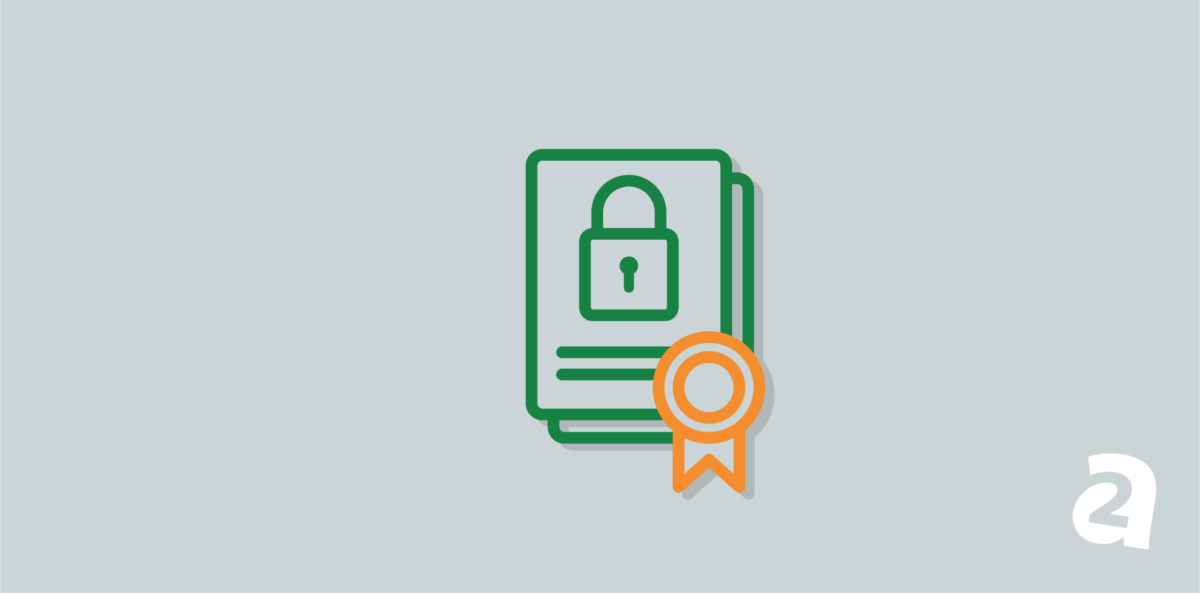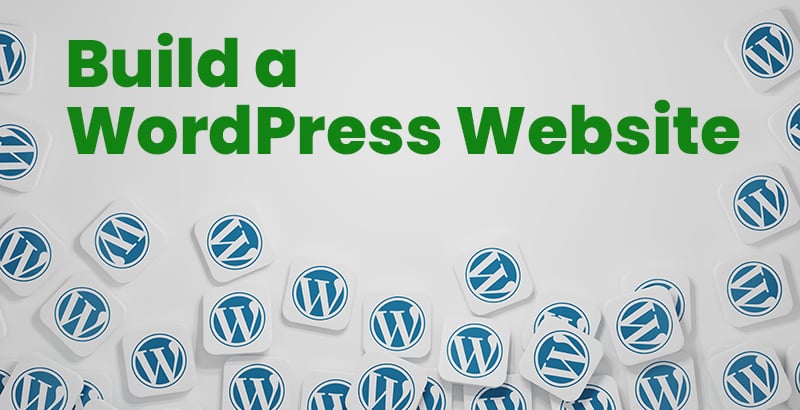- May 10, 2016
 0
0- by A2 Marketing Team
Many web hosts are cheap, but frugality can come at a cost. Sometimes, low prices signal that a web host won’t provide the type of support and resources most businesses really need.
If you’re a business owner who’s never gone through the process of working with a web host, you’ll probably need extra support when first getting started. Keep this fact in mind as you go through the process to select a suitable service.
So, who’s the perfect web host for your needs? It’s important to consider the following factors: customer support, reliability and uptime, site load speed, growth transition capabilities, and customer reviews. Apply each of these factors to the web host you’re considering, and see if they pass the test!
In this post, we will explore the above five key factors to look out for when choosing a web host – so let’s get started!
1. Customer Support
Arguably the most important important factor when choosing a web host is a suitable level of customer support. Let’s look at a couple of important considerations.
Various Ways to Get in Touch
Some people are willing to wait for an answer to a question submitted via email, and others want an instant response via chat because they hate phone wait times.
If you’re dealing with an urgent issue, you’ll want a quick connection to a technical support member on the phone. A good host will provide many, if not all, of these different communication options.
Assistance With Technical Issues
Whether you’re starting your first website or you’re an old pro, there are usually a list of technical issues associated with starting a new website that are handled differently by various web hosts. A good host will assist with common site setup questions, including hands-on support when necessary.
The best web hosts will provide assistance with transferring from one host to another. And if you’re all about DIY, a good web host will also make FAQs and other resources available if you’d rather handle the process on your own.
2. Reliability and Uptime
Besides customer support, reliability and uptime are of utmost importance to your website’s success.

The best web hosts can’t promises to be up 100% of the time, but they certainly make every effort to get as close to that number as possible.
A good web host will be able to handle both low and high traffic periods without your site going down. This is especially important if you have a great day out of the blue, even though your traffic levels weren’t that high before. Expect the unexpected, and pick a web host that will do the same.
That said, broad claims from a web host are not enough – honest customer reviews can help you verify reliability and uptime. More on that to come.
3. Site Load Speed
Why is site speed so important? Consider your own web surfing tendencies. If you land on a website that doesn’t completely load in a few seconds (at most!), you’re more likely to leave than stay. In other words, site speed has a direct impact on visitor engagement, and ultimately, sales.
When deciding on a web host, there are usually multiple tiers of options, with levels of pricing that are usually associated with site speed. Typically, the lowest tier involves ‘shared’ hosting, which means that your website is hosted with many others on the same server. If you choose shared hosting, you need to be prepared to accept lower load times.
Moving up to a plan that gives your website a dedicated server means much faster speeds. As with anything in life, you get what you pay for.
4. Growth Transition Capabilities
After picking a web host and settling on a plan, what happens if you want to add additional email addresses, purchase a new domain, run an entirely new website, or need more space and speed?
If you’re just starting out, you may not be thinking of the future – but you really should. Don’t limit yourself right off the bat with a inflexible hosting plan.

A good web host will make it easy for you to grow, and it’s important to find a host offering plans with scalable costs.
5. Customer Reviews
The best way to know if a web host is all they claim to be is to see what their customers are saying about them.
Happy customers spread the word and get great web hosts new business, whether they’re compensated for their stamp of approval or not. On the other hand, unhappy customers make it their mission to warn others before they make what they’ve considered to be a mistake.

An independent user review of our hosting service.
Here are some ways to find high-quality customer reviews for hosting companies:
- Search “[web host] review” on Google.
- Use online directories such as Yelp.
- Browse the web host’s social media accounts.
Although your prospective web host may have an area on their website where they share customer testimonials, it’s a good idea not to rely on them. A web host will only share positive feedback, and as such, reviews on their own controlled media won’t represent a balanced view of reality.
Conclusion
Whether you’re with a subpar provider or are new to the world of web hosting, being well-informed increases your chances of success. When it comes down to it, picking a host that lacks adequate customer support or can’t handle your traffic can translate to lost time and money.
Be an informed consumer and know the important factors when it comes to choosing a web host:
- Customer support
- Reliability and uptime
- Site load speed
- Growth transition capabilities
- Customer reviews
Image credits: plantronicsgermany, geralt.












